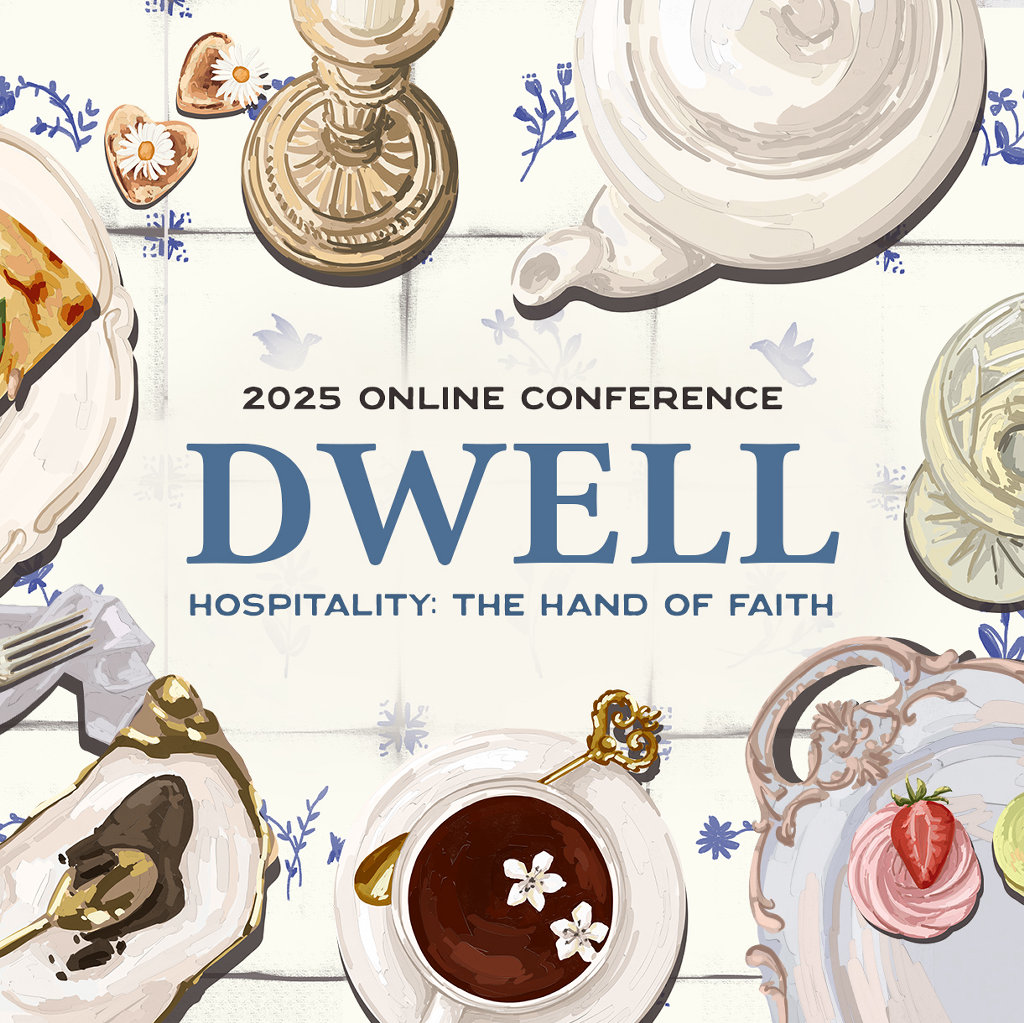From Arts to Subjects: What Could be Wrong?

Among the most profound mistakes of our era, I am convinced we would have to list the shift from the liberal arts to subjects in our schools.
If you teach subjects, one of the many unfortunate things that happens is that students quickly catch on that there is content (i.e. information to be remembered) in this subject. If they like it, they will pay attention, if not, you need something else to get them to do so.
Tests will do, thank you very much. But that’s only one of the myriad ways teachers are taught to manipulate the students affections and minds.
But no matter what motivation you use, the primary attention of the student will always be given to the content, which they will then proceed to forget when they complete the class unless something else restimulates it.
In short, the shift to subjects directs the students attention to secondary and passing matters.
On the other hand, if you are teaching the liberal arts (and I am referring here to the real ones, not to the modern substitute for the liberal arts that is a general collection of subjects but still mostly content oriented), if you teach the liberal arts, students will learn every bit as much content, but they will learn something far more important: the arts of learning.
Not only that, but the arts of learning are derived from the arts of a free society, because a free society depends on the ability of its members to learn (this is the practical justification for a classical education, if you feel the well-being and development of the child’s soul isn’t good enough).
If that seems a stretch, think about what lawyers and judges spend most of their time doing. They aren’t only evil, corrupt people. They are students. They research, investigage, order their thoughts, attempt to persuade – the same things everybody does with most of their time. The difference is, they took the trouble to learn how to do it better.
If that troubles you, think of what business executives and legislatures and church leaders do. They have to make decisions. How do they do it? By gathering, sorting, and interpreting information and then applying it in the context of real world decisions.
That’s what grammar, logic, and rhetoric teach you how to do.
The seven liberal arts are the arts of learning and they are the arts of free people. They cultivate the memory, teach how to read, write, and communicate, enable abstract reflection through math and literature, promote mental health by developing the habit of bringing the mind into harmony, and promote community well-being by developing the habits of seeking harmony in the community.
If you want to educate your child, ensure he learns the seven liberal arts. The subjects will take care of themselves if you do and everybody will be a lot happier, if only because people like meaningful work.
Andrew Kern
Andrew Kern is the founder and president of The CiRCE Institute and the co-author of the book, Classical Education: the Movement Sweeping America.








